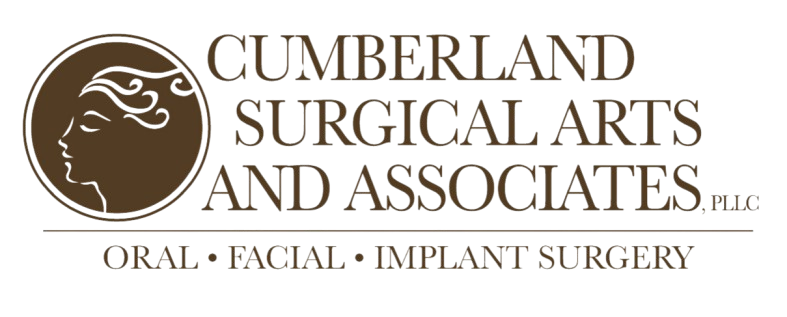Being fitted with full dentures, Clarksville, TN patients, will find, is a big change, and adjusting to them can be difficult. It takes time to learn to speak, bite and chew with dentures, since it requires teaching the muscles in your mouth and tongue to work in entirely different ways – both to make your new teeth function and to help hold them in place. This can make mealtime a challenge for new denture wearers, and even for many people who have been wearing them for years, especially if getting a secure, stable fit isn’t as easy as it used to be. Here we’ve put together some tips on how to eat better – even with full dentures.
When Your Full Dentures Are New
If you’re having trouble eating well with new dentures, take heart, as frustrating as it can be, it gets easier with time for the vast majority of denture wearers. In the meantime, struggling to get used to new dentures doesn’t have to mean a poor diet.
For instance, a fresh salad may be a bit hard to handle with your new dentures, but soft-cooked vegetables can be a good substitute. Smoothies can be a much easier way to get your daily dose of fruit or vegetables when chewing the fresh stuff is still difficult, and sticking with softer meats for a while, like fish, poultry, or ground beef, can make for easier, less frustrating mealtimes than would steak or pork chops.
Lastly, even if your dentures fit quite well, that first set can feel unstable until those muscles in your mouth and tongue get used to working with them. A little denture adhesive for extra support at mealtimes can help – a measure you likely won’t need once that adjustment period is done.
What If It Doesn’t Get Better – Or Even Gets Worse With Time?
Eating with your new dentures should get easier within a month or two. If you haven’t made much progress in terms of eating by then, or you’re experiencing a lot of denture slipping or developing sore spots in your mouth, see your dentist. Your dentures may need adjustment or relining to improve their fit.
If you’ve had your dentures for some time now and find that eating is becoming more difficult, this too calls for a visit to your dentist for a checkup. That’s because the gum ridge that supports your dentures will change in shape and size over time, altering denture fit, making it necessary to reline or replace them every few years.
Lastly, if your dentist has done all he or she can to make your dentures comfortable, but hasn’t been able to provide the stability you need to eat well, dental implants may offer the solution you need. They can be used to add stability to your existing dentures, as the foundation for implant-anchored removable overdentures, or to secure a set of permanent dentures that look, feel, and function like natural teeth. A consultation with Dr. Lee or Dr. DeFelice, our oral and maxillofacial surgeons here at Cumberland Surgical Arts, can help you explore your options.
Maybe you are ready to explore other teeth replacement options besides dentures? If so, download our free ebook, Top 3 Best Ways to Replace Missing Teeth.
Locations
2285 Rudolphtown Rd Suite 200, Clarksville, TN 37043
Phone: (931) 552-3292
Email: cumberlandsurgicalarts@gmail.com
- MON - FRI8:00 am - 4:30 pm
- SAT - SUNClosed
- MON - TUE8:00 am - 4:30 pm
- WEDClosed
- THU8:00 am - 4:30 pm
- FRI - SUNClosed
- MON - TUEClosed
- WED8:00 am - 2:00 pm
- THU - SUNClosed









